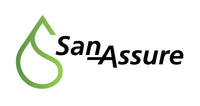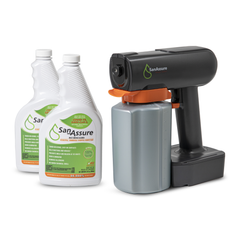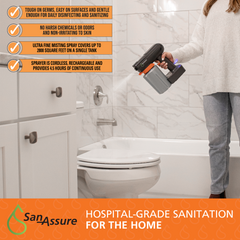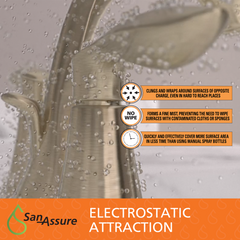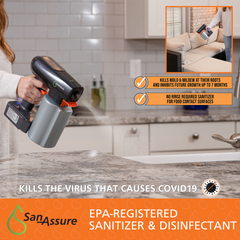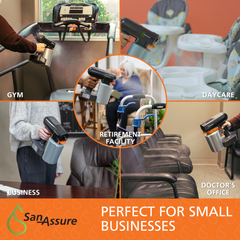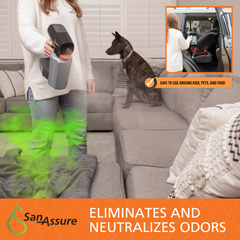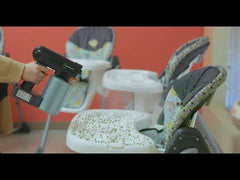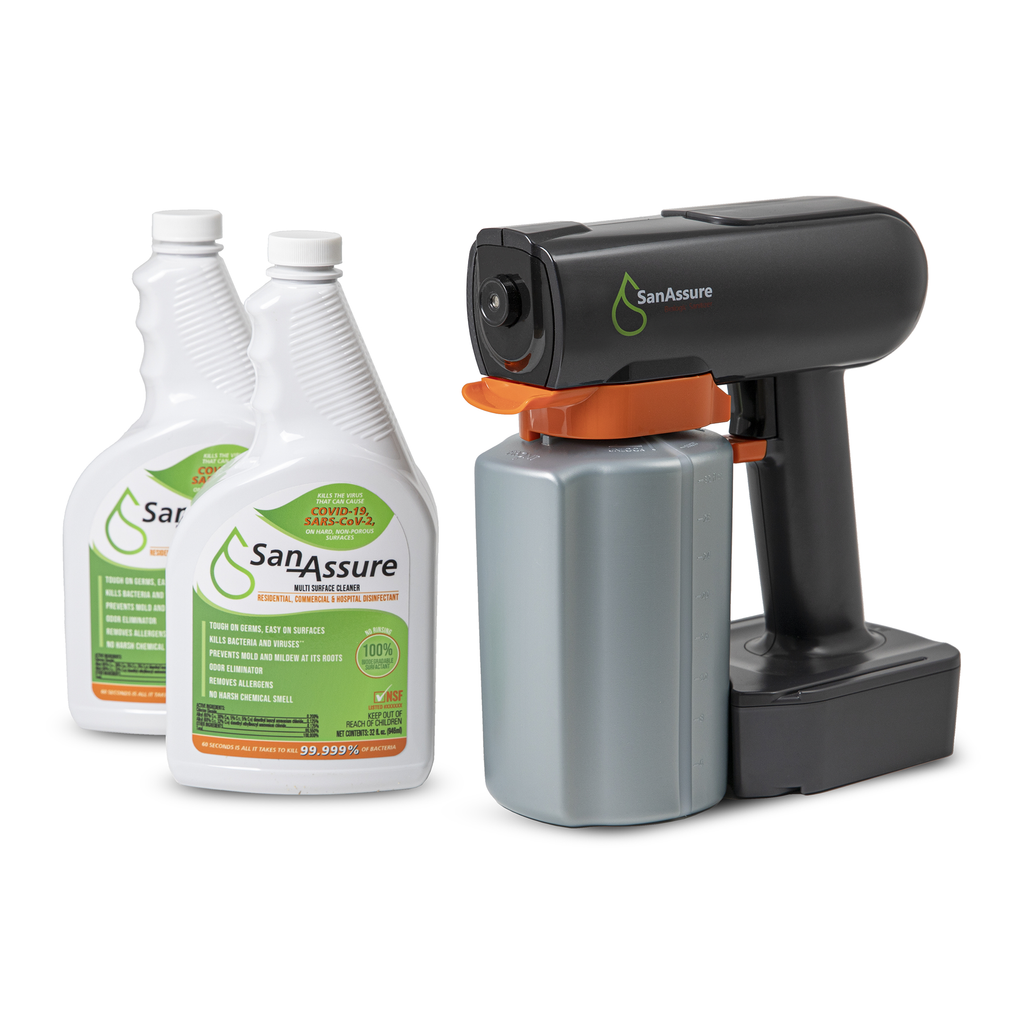
Residential, Commercial & Hospital Disinfectant
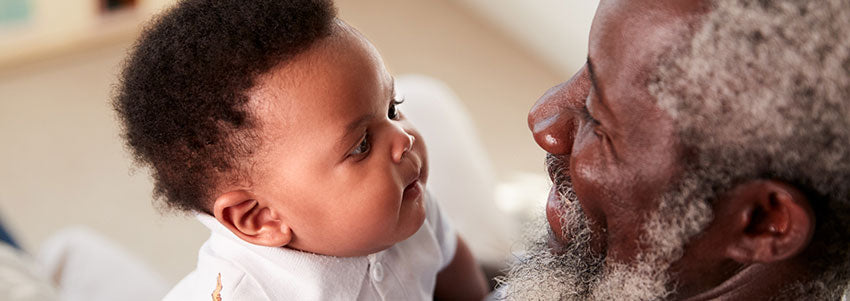
Respiratory Syncytial Virus (RSV) is a common and highly contagious virus that primarily affects the respiratory system. It can lead to various respiratory illnesses, particularly in young children, the elderly, and individuals with weakened immune systems. RSV often causes symptoms resembling those of a cold or flu, including congestion, coughing, and fever. In severe cases, it can lead to bronchiolitis (inflammation of the small airways in the lungs) and pneumonia.
RSV is highly contagious, particularly during the three-to-seven-day symptomatic period. Infants and individuals with compromised immune systems can remain infectious for up to four weeks. Like many viruses, RSV spreads through direct person-to-person contact when an infected individual coughs or sneezes, releasing airborne virus particles that can enter the body through the eyes, nose, or mouth. RSV can also survive on surfaces for several hours and on unwashed hands for over 30 minutes.
The incubation period for RSV is two to eight days after exposure, with symptoms typically lasting three to seven days. Most children and adults recover within one to two weeks. While those with RSV are generally contagious for three to eight days, infants and individuals with weakened immune systems can remain contagious for up to four weeks, even after symptom resolution. It's important to note that both children and adults can experience multiple RSV infections during a single season, although subsequent infections tend to be milder.
In a typical year, RSV leads to more than 57,000 hospitalizations and 2 million outpatient visits among children under five years old. RSV also poses a risk to the elderly and high-risk adults, with a disease burden comparable to non-pandemic Influenza A in communities with high influenza vaccination rates. Unfortunately, no vaccine exists for RSV, and treatment primarily focuses on supportive care.
To minimize the risk of RSV infection, follow these preventive measures, which align with strategies used to protect against COVID-19 and other respiratory illnesses:
San-Assure is a powerful hospital grade disinfectant and sanitizer. It can be used to help prevent the spread of RSV by disinfecting surfaces and objects that may come into contact with the virus. It effectively kills a wide range of pathogens, including viruses like RSV. Regularly disinfecting frequently touched surfaces in homes, healthcare settings, and public places can reduce the risk of transmission.
San-Assure is highly effective against a wide range of pathogens, and its use can contribute to a comprehensive strategy for preventing the spread of RSV. However, it's essential to use San-Assure products according to recommended guidelines, ensuring safety and efficacy. Additionally, combining the use of San-Assure with other preventive measures, such as vaccination (if available), good hand hygiene, and respiratory etiquette, can provide a more robust defense against RSV transmission. Public health recommendations and guidelines should always be followed to effectively manage and prevent the spread of infectious diseases like RSV.
For further information on RSV, consult the following resources:
CDC – Respiratory Syncytial Virus Infection (RSV)
American Lung Association – Learn About Respiratory Syncytial Virus (RSV)
WHO – Respiratory Syncytial Virus (RSV) Disease
If you have any questions, please feel free to contact us @ San-Assure
Search
About
Technology
Resources
Professional Use
Contact
Newsletter
Accessibility
Terms of Service
Refund Policy
Privacy Policy
Warranty Registration
San-Assure provides multi-surface cleaning solutions that allow you to disinfect and sanitize every surface in your home. Our EPA-Registered sanitizer is safe to use and our electrostatic attraction technology provide full coverage disinfecting.
*simulated image.
